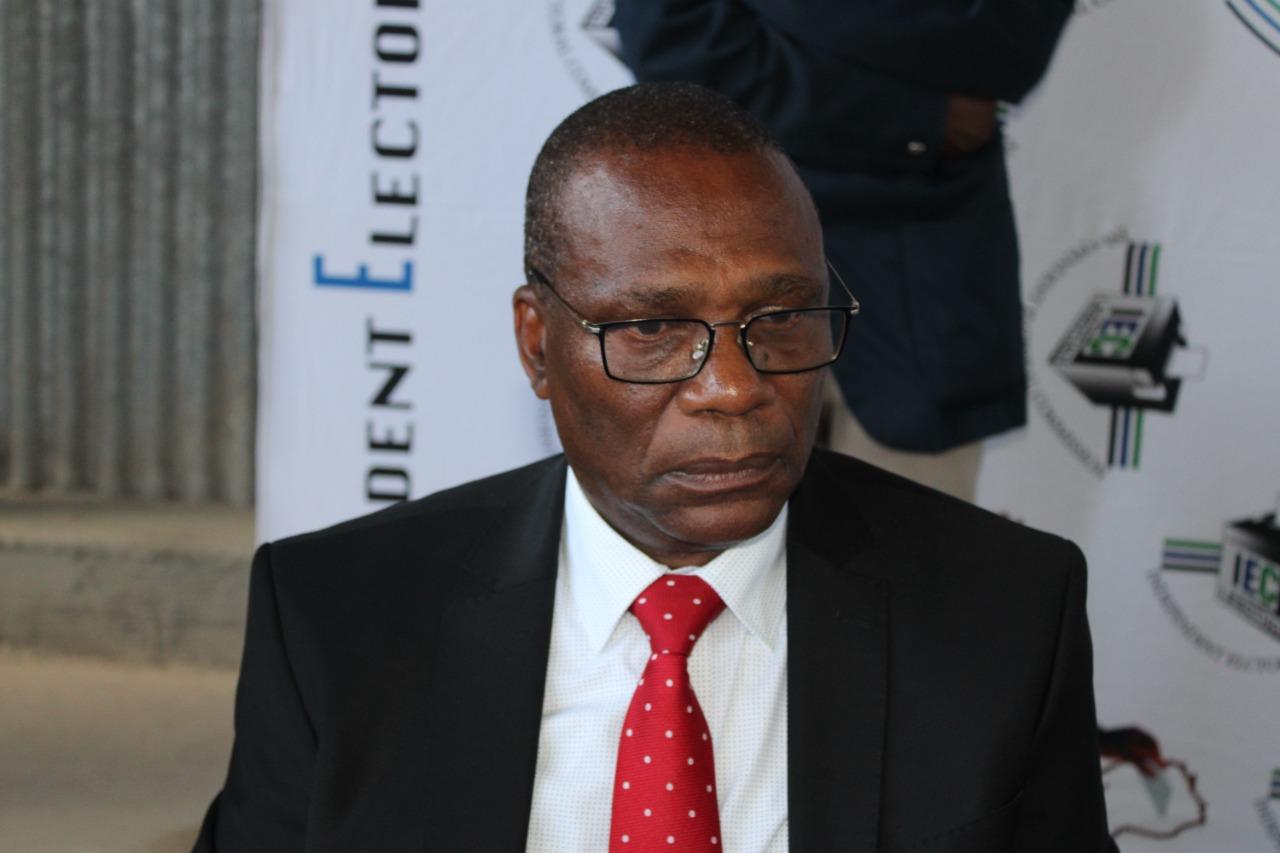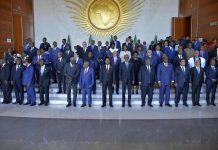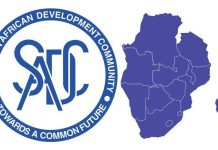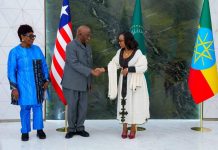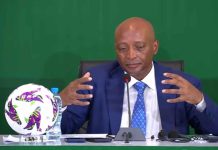Africa-Press – Lesotho. The Independent Electoral Commission has urged political parties to stick to “issues-based campaigns” and abide by laws to avoid using emotions to score points against opponents in the run-up to elections billed around September/October.
Democracy Works Foundation, in collaboration with IEC, hosted a workshop to provide Lesotho political parties a platform to better understand electoral processes, legal frameworks, and constructively engage in such processes ahead of the general elections.
Speaking at the opening of the workshop which started on Tuesday this week and ends today, IEC chief, Mphasa Mokhochane, strongly advised political parties to understand the electoral laws and process.
He told politicians to abide by the laws other than applying emotions and to avoid insults and belittling their opponents. Mokhochane advised parties to stick to “issues-based campaigns”.
The training workshop seeks to enhance political parties’ understanding and appreciation of the electoral processes and their role in contributing to a successful electoral outcome as well as deepen their knowledge of legal electoral frameworks that inform and impact their participation in the electoral process.
In addition, the workshop aimed to improve political parties’ skills in undertaking campaigns and to enhance knowledge of political parties strategic planning for election monitoring from party perspective. Mokhochane also took political parties through the proposed new voter registration that was discarded due to a pending court case.
He said IEC is forced to stick to their current registration voters’ roll adding that voters will use any other means of identification that is legal in the country such as a passport, national identification card or driver’s license because they all carry the bearer’s identification number.
IEC has also promised to release and publish the current voters’ roll to the nation and to political parties later to cater for amendments where necessary. Such changes include, for instance, removal of voters who have died and make arrangements for those who have transferred to other constituencies.
The most problematic issue that challenges IEC registration is people taking transfers to other constituencies for support of family members or friends while leaving their native constituencies, Mokhochane said.
“The law is clear on the issue of voting places and three factors apply, namely; either a person votes at place of birth, where they are staying, or at their workplace,” he said.
The chairperson appealed to political parties and leaders to only take legal routes should they feel dissatisfied with the election outcome. He emphasised that there is no Mosotho who would like to see a repeat of 1998 election chaos that put the country under siege.
IEC Senior Manager Civic/Voter Education, Lydia Macheli, spoke at length on challenges facing the upcoming elections and perspectives of IEC. Macheli said these include constituency boundaries delimitations which resulted in the decrease of constituencies in the southern part of the country in Mafeteng, Mohale’s Hoek and Quthing leading to the increase by four constituencies in the Maseru constituencies.
Macheli said: “There shall be a gazetted retaining officer for nomination courts to oversee the nomination of candidates. The nomination of candidates has two parts in both national and local government elections, which are party nominee and national assembly nominee.
” Nominees must be Basotho who are of a sound mind, registered with IEC and are able to read and write both Sesotho and English, she added.
“There shall be two ballot papers for national elections, one for proportional representation list nominees and the other for constituency nominees and for local government elections apply the same concept as there is electoral division and the party’ special seat for women,” she further noted.
She outlined a number of challenges facing the electoral commission highlighting the uncertainty over the upcoming elections. IEC is not yet sure whether the nation will hold both the national and local government elections or there will only be national elections.
The declining number of voter turnout is also a prime concern for the electoral body with Macheli noting that most educated people and the youth do not vote.
So far the IEC has registered 53 political parties. This figure is expected to rise to above 60 since there are already pending party registrations with the electoral body ahead of the next poll.
This will no doubt add to the challenges such as the size of the ballot paper, the working space, Covid-19 protocols, the sitting allowances with a limited budget, a bigger number of representatives in consultative committees and insufficient funding.
It is important in a democratic dispensation that the exercise of elections is held in an environment that is conducive to electoral nominees, political parties and candidates, the workshop concluded.
For More News And Analysis About Lesotho Follow Africa-Press

